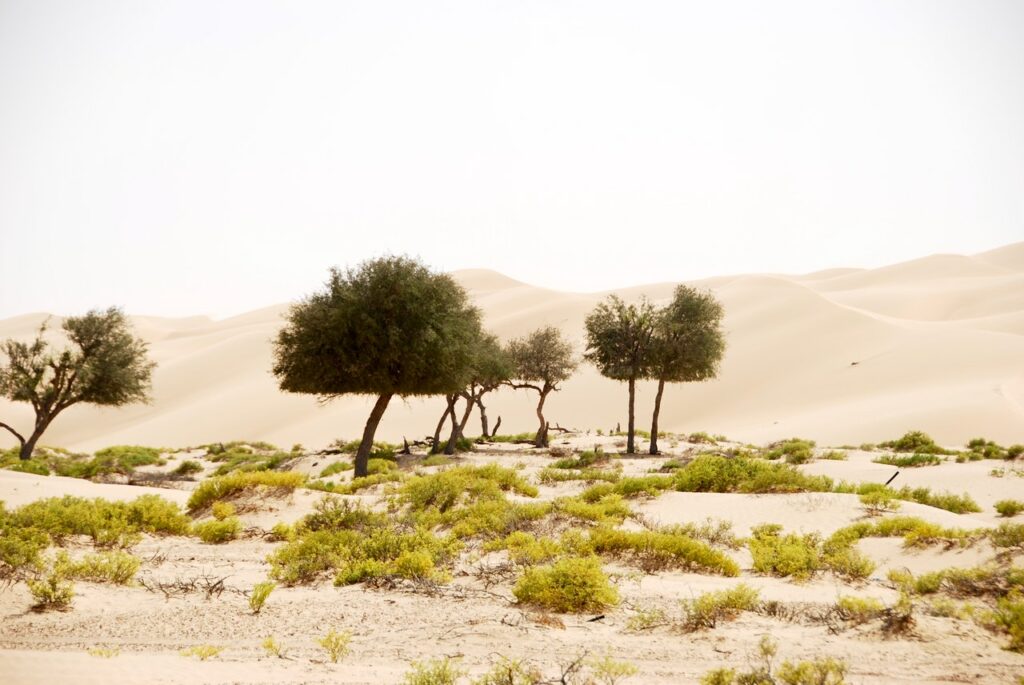When I worked as a software engineer, we always had a way of drilling some things into juniors, newbies and even upper management. One of those things was to always surround yourself with people that are better than you; with management: always hire people that are better than you. This ensures that you will not be at your ceiling, that you will have someone that you can learn from and expand your vision from. The second thing was to fail fast, fail often, recover and learn from it. You absolutely have to make mistakes to learn something. To phrase that clearly: if you never make mistakes, it means you never tried. Mistakes drive progress, and you better believe it.
Inhibitions inhibit progress
Procrastination is one of the most unproductive things you can do, especially if it’s driven by the fear of finishing (or worse, failing). You can observe this easily by looking at people who seem to stagnate (and whine about it). These are the sort of people who choose not to take a step in a challenging direction, who prefer not to take risks or start demanding things. There are several ‘justifications’ used not to do something, eg: fear, shyness, finances, weather, etc.
Identify your inhibitions and overcome them. What is fear? Fear of the law? Don’t do illegal things. Fear of breaking your camera by carrying out in foul weather for a winning shot? Possible. Finances? Look at free things, free places. Knowledge is free, so is opinion, innovation and creativity. Just do what you need to do and develop strategies and backup plans as you go. Your biggest stumbling block is you. Get cracking, grab a pen and record your plan of action. Then set deadlines, a start date and set up the bill of materials. Just get it done.
Some mistakes I made
I will try to revisit a few of things I learnt from here. None of these are permanent, all of them taught me many lessons, and we can remedy right now most of them (barring a little strategising and elbow-grease). I am happy that things happened this way, because I can write books about each one of them now - after only 2 years. I know very well what to do next time to make things easier, simpler, quicker, cheaper and better!
Out of sight, out of mind
The Vegetable Garden was a priority for food and seed banking from the day we moved in, so I kind of rushed into things without thinking. I placed it inside our Zone 3 (see my post on permaculture zones) when it should have been in Zone 1 (or even 2). This resulted in us not visiting it often enough, leading to missed opportunities of harvests and pest prevention or action. The placement lead to some convoluted irrigation network designs and a long carry distance with arms full of fresh vegetables.
One thing that was ideal, however, was that it was next to the goat kraal. This made it easy to jettison greens and offcuts over the fence for the ruminants to feast on. My future gardens will be out of the windy spaces, near the primary residence. I will have a much simpler irrigation policy accompanied by arid-climate strategies (like mulching, drip systems, hydroponics, three layer poly crops and so forth).

Slow down the rain, then return it to the earth
Water Catchment and Management is another area I could see myself doing a complete overhaul on. The foremost thing after getting my chief water network in order should have been to harvest rain. It took almost a year for us to catch rainwater on the roofs. At two-hundred odd litres of water per millimeter of rain, it sure is worth it. I wish had done it sooner, and that we had way more tanks – larger tanks.
Those pickaxes keep hitting the pipes!
As stated in the above paragraph, the water network is a bit progressive. Whenever we needed a new point of delivery, the pipeline organically unravelled into a new maze of subsystems. How would I have done this differently? For one, using large diameter, long life (class 4 or better) HDPE piping from the main tanks to all major areas. Then splitting off to sub-zones with smaller diameter pipes in a well thought-out manner to avoid losing track of where pipes are. I would run more of my networks above ground and have even more valves fitted. The ability to switch off sub-sections without affecting the main line is priceless.
Spend less, do more
Spending less is easy if you do things right the first time. How often did we have to replace the same thing twice, or painstakingly move a Wendy-hut? Too often. Keeping things in mind before zealously jumping into action is a boon. We moved animal areas with great effort, after realising they were in an area prone to flooding in winter. Penny-wise but Pound foolish prevailed often as we bought cheaper versions of items, tools or materials for fencing, animal work or elementary chores. We had to repaint our cottages after because the grey color we loved turned them into ovens in summer. There is a reason everyone else in the area painted their homes the same bland, iron-stained white.
Give your money to those who deserve it
By choosing the wrong service providers (for instance, for our Wind Turbine), we had to spend extra money to clean up after that company after being warned by our usual trusted guys at Sokolic Solar). Does this mean we regret some of these issues? Not at all because they taught us a lot about the right and efficient ways to think about things. Will I even build a brick & mortar home again? As I learnt from My Self Reliance… probably not.
Simple things last longer, costs less and strengthens us
Simple-Earth is all about living a fuller life, with fewer strings attached. Owning fewer things should have been a larger focus for me. Even after I adopted a simpler, lesser style of living, I still ended up buy complicated things. Instead of expensive electric saws and high-tech “time saving” machines, opting for manual, hand-powered tools would have given me even more skills & fitness. I could have simplified a lot on irrigation, tools, methods, and even the way I managed my weeds in the food zone. This is just another way that mistakes drive progress.
Trees build themselves once you get it going.
The true meaning of life is to plant trees, under whose shade you do not expect to sit.
Nelson Henderson
This is a mistake I will never make again. Planting trees first is imperative. You will, without doubt, look back after six months and again many times in the future, saying to yourself: “I should have planted this when I started”. We learned from this. Most of the trees we planted recently will be for the enjoyment of the future residents of this [now sold] property. Starting yesterday, I will continue to plant trees before I pioneer any section of soil or erect any piece of fence. Every month you wait is a few centimeters of growth wasted and a few lungfuls of clean air. You are going to need the shade, the fruit, the seeds and the windbreak sooner than you think. Plant some trees now without hesitation.

Lending out those ears?
Caring more about my own plans, and less about the opinion of toxic people is high on the list of lessons learnt. We have started a myriad of projects, most of which were very successful. Alexia and I grew things we didn’t think possible, we ventured into hydroponics and animal husbandry without trepidation and we did just fine. Of course, a lot of good people out there shared their knowledge and advice. We listened and used what made sense, sometimes even shared knowledge back. Along with doing our own case studies, reading and watching copious amounts of YouTube university, these strategies worked well. There were bad times, but mostly good.
Sometimes things didn’t work out as they should have, but in the end they always worked out in a way. We taught ourselves a lot; we taught others a lot – and many of them taught us a thing or two as well. Sadly, there were also the negative, ill-inspired folks. There were naysayers, whiners and ‘good people’ who just didn’t want to see things work out. We paid too much attention to them and put things down before we even tried, but now we know. We know how to see the good people, the allies, the valuable folks. The future will be even better when all the solid folk work together.
Closing Words on mistakes and progress
It may seem like hogwash to many readers, but I think that almost all days should end with a lesson learnt. Looking back now, all obstacles beat were because of mistakes that strengthened us. Do not linger, do not delay. Let go of fears of judgements or failure and launch your projects now. Make mistakes, write about them and laugh about them. Chances are super high that you will find an alternative way of doing things that everyone else missed. Each situation is unique in how it plays out, like the location, climate and people involved. Research drives innovation, and research comes with repetitively doing things in varying ways to find a way that works; then finding a way that works better, believing that mistakes drive progress.
Failure is proof that you tried, and a catalyst for improvement.
Simple-Earth.org
That is all.

